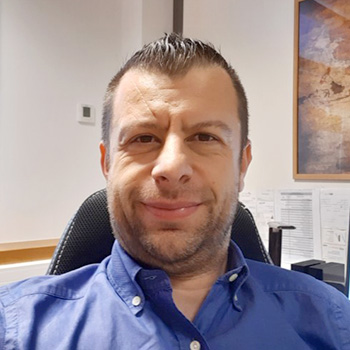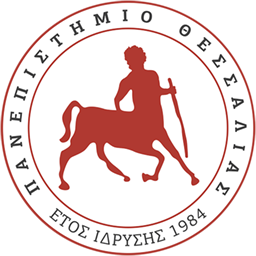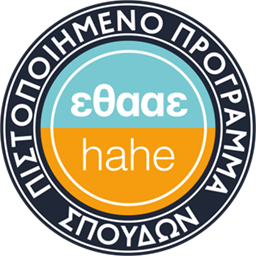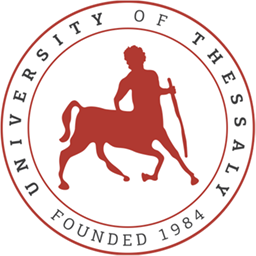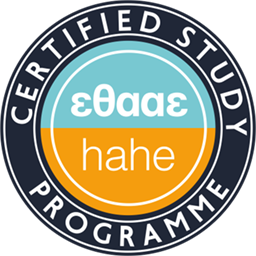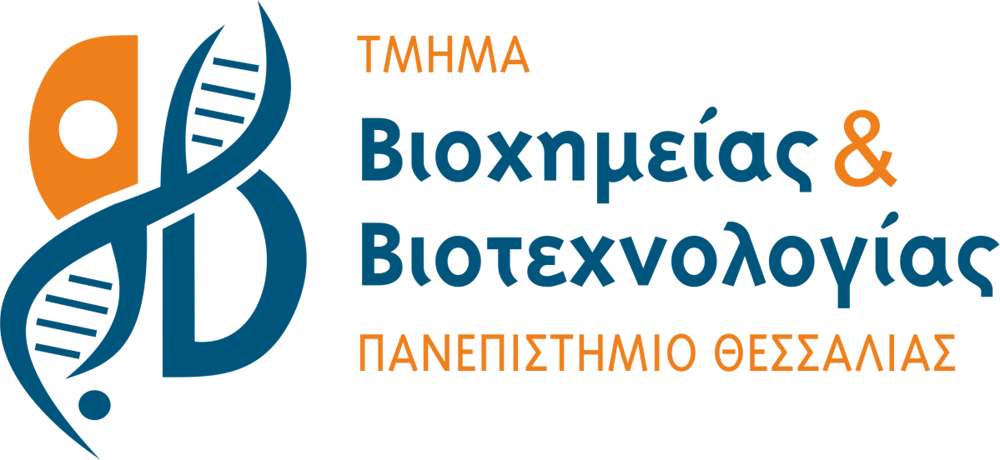By Genomics to systems Biology
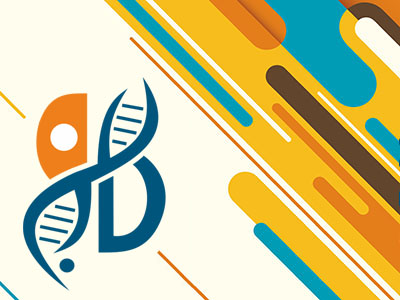
Theory: 3 hours/week | Tutorials: 1 hour/week | Practicals: 2 hours/week | ECTS Units: 5
Content – Aim of the course
The introduction of the term “Genomics” duringthe 80s’ coincided with the development of large scale sequencing methods. For the first time, scientists were able to design experiments based on the total genetic information of an organism. Genomic research, by definition is based on information on a genome-wide level. With the aid of powerful computational approaches, hundreds of millions of nucleotides are analyzed in parallel with the aim of discovering traits of biological importance or studying the regulation of gene expression on a global scale. Whole genome sequencing of the first prokaryote, a stunning achievement for its time, initiated the genomic era. Soon after, whole genomes of a variety of organisms were sequenced, developing in parallel the necessary technologies and appreciating the range of applications that stemmed from the wealth of the accumulated information. Hallmark for genomics was the initiation of the Human Genome Project (HGP). Orders of magnitude larger than any other preceding sequenced genome, the human genome demanded enormous financial support and international collaboration and developed new rules for data organization and sharing. Completion of the HGP was a game-changing event for modern biology and set the basis for conceptual understanding of regulatory mechanisms under both physiological and pathological conditions.
During this course, a balanced presentation of the basic principles of genomics as well as of the technical developments and various applications from the fields of biomedical research, agriculture and environment is undertaken. Multiple components of modern genomics from the fields of comparative genomics, functional genomics and proteomics are analyzed together with the basic technologies that form the pillars of modern genomics such as the second and third generation platforms of DNA sequencing. In addition multiple genomic databases and genome browsers referring both to eukaryotes and prokaryotes are presented side-by-side with some basic tools for meta-analysis of genomic data. Finally an introduction to the concept of systems biology and its solid connection with genomic approaches is performed.
Analytical Description of the Course
- Introduction to genomics
- Conventional and next generation sequencing platforms
- Genomics and genemapping
- Viralandprokaryoticgenomes
- Eukaryoticgenomes
- Comparativegenomicsandevolution
- TranscriptomicsandEpigenomics-1
- TranscriptomicsandEpigenomics-2
- Genomicsandhumandisease
- Proteomicsandmetabolomics
- IntroductiontoSystemsBiology
- Recapitulation of the lectures and preparation for the exams
Practicals
Practical lecture 1 : Genome browser I – Introduction to genome navigation (UCSC, WashU)
Practical lecture 2 : Genome browserII – Operation of basic tools (BLAT, insilicoPCRetc)
Practicallecture 3 : Genome browserIII – Comparative visualization of diverse NGS data
Practical lecture 4 : Principles of NGS library construction
Practical lecture 5 : Quantitative PCRΙ – Analysis of gene expression
Practical lecture 6 : QuantitativePCRΙΙ – TaqmanandHRManalysis
Practical lecture 7 : Meta-analysis of transcriptomics data
Laboratory exercise 1 : Dotblot
Laboratory exercise 2 : RNA electrophoresis and Quality Control
Evaluation
Evaluation of the course is based on a) written/oral examination in the laboratory/technical part of the course (30 % of total mark) and b) written/oral examination in the theoretical part of the course at the end of the semester (70%). Successful completion of the course requires being successful both in the theoretical and the laboratory/practical examination.
Reading Suggestions
- Εισαγωγή στην Γονιδιωματική, ArthurM. Lesk, Ακαδημαϊκές Εκδόσεις Utopia, 2017
- Προτεινόμενη βιβλιογραφία ανα διάλεξη στο e-classτου μαθήματος
Teaching Material / E-class
Lecturer
